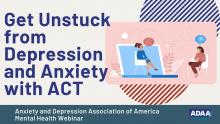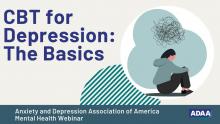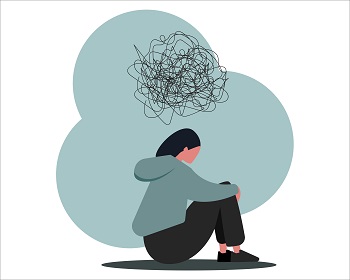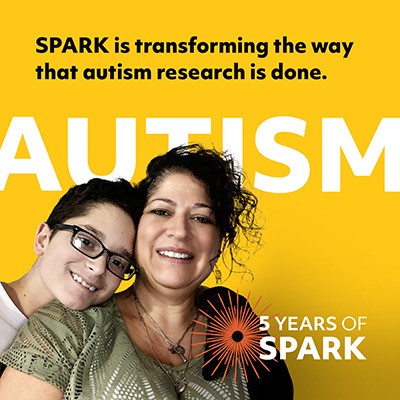
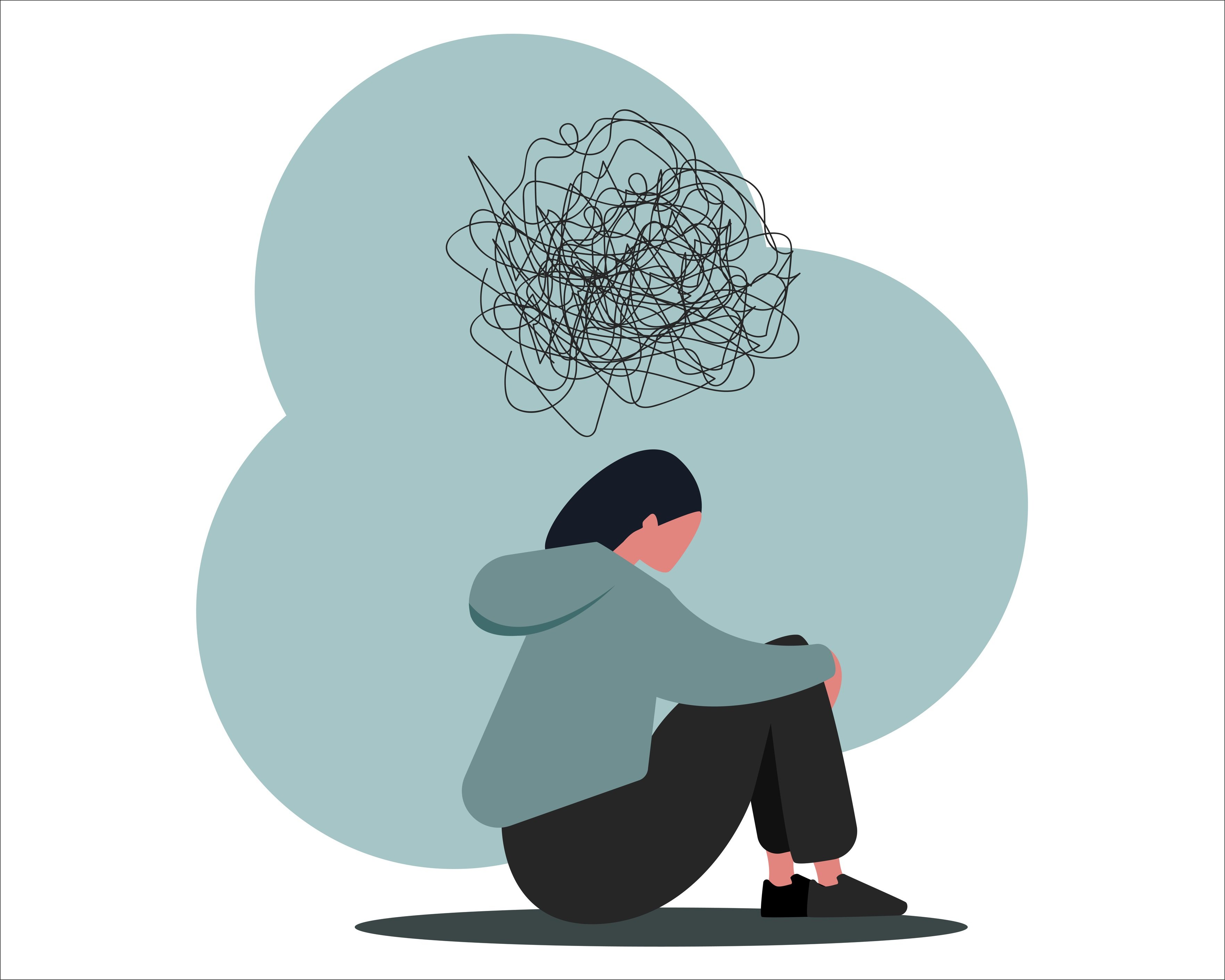
This webinar is designed to introduce you to the basics of cognitive behavior therapy (CBT) for depression. The webinar begins by briefly describing the symptoms of depression. Next, we’ll cover behavioral activation, which is how to get back to living a life that’s in line with your values.

